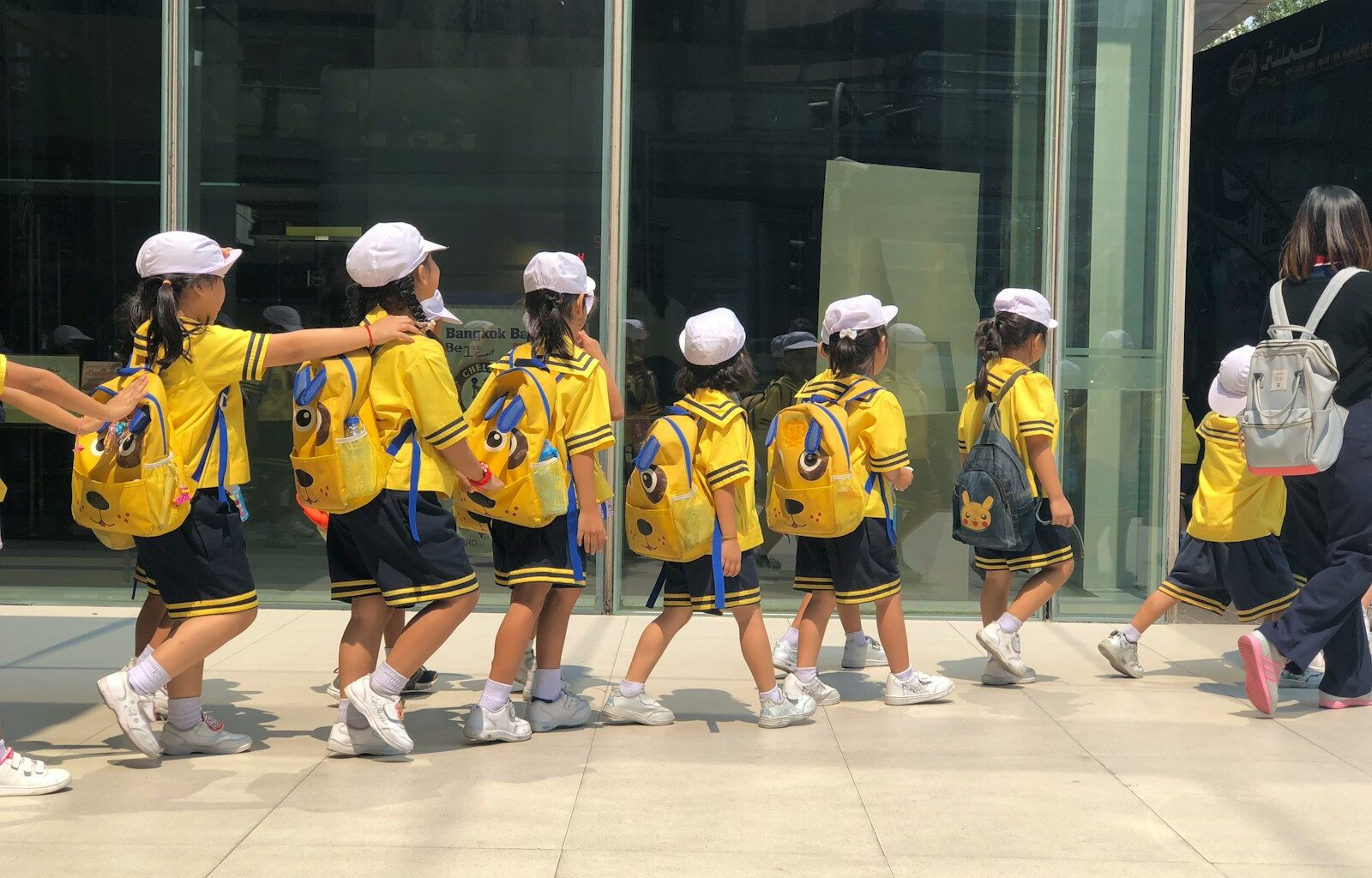Gaming provides unique opportunities for children to develop leadership skills and teamwork abilities through collaborative problem-solving, role-based cooperation, and strategic decision-making in low-risk environments. Educational research from MIT shows that children who participate in multiplayer gaming develop 32% stronger leadership skills and 28% better collaborative abilities compared to peers who don’t engage in team-based gaming, while demonstrating improved communication and conflict resolution skills.
1. Natural Leadership Emergence and Skill Development
1.1 Organic Leadership Role Assignment
Gaming environments allow natural leaders to emerge based on knowledge, skill, or communication ability rather than adult-assigned roles, giving children authentic leadership practice without artificial authority structures.
1.2 Decision-Making Under Pressure
Multiplayer games require quick decisions that affect entire teams, teaching children to evaluate options rapidly while considering team needs and consequences. This pressure decision-making builds confidence and judgment skills.
1.3 Vision Communication and Goal Setting
Game leaders must communicate strategies and objectives clearly to team members, developing skills in vision articulation and goal explanation that transfer to school projects and social situations.
1.4 Responsibility and Accountability Development
Leading game teams teaches children that their decisions affect others’ experiences and success, developing sense of responsibility and accountability that extends beyond gaming into real-world leadership situations.
2. Communication Skills and Collaborative Interaction
2.1 Clear Instruction Giving and Direction
Gaming requires precise communication about complex strategies, locations, and timing, developing children’s ability to give clear instructions and explain concepts to others effectively.
2.2 Active Listening and Response Integration
Team success depends on listening to teammates’ information and suggestions, teaching children active listening skills and how to integrate others’ input into decision-making processes.
2.3 Conflict Resolution and Mediation
Gaming teams often experience disagreements about strategies or mistakes, providing children practice in conflict resolution, compromise, and finding solutions that satisfy multiple perspectives.
2.4 Encouragement and Motivation Techniques
Successful gaming teams require positive communication and encouragement, teaching children how to motivate others, provide constructive feedback, and maintain team morale during challenges.
3. Strategic Thinking and Team Coordination
3.1 Resource Allocation and Distribution
Many games require distributing limited resources among team members based on roles and needs, teaching children strategic resource management and fair distribution principles.
3.2 Role Assignment and Specialization
Team-based games demonstrate how different roles and specializations contribute to group success, helping children understand diverse talents and the importance of role clarity in team effectiveness.
3.3 Timing Coordination and Synchronized Action
Gaming requires precise timing and coordination between team members, developing children’s ability to synchronize efforts and understand how individual actions affect group timing.
3.4 Adaptive Strategy Development
Games constantly change conditions requiring strategy adjustments, teaching children flexibility in planning and ability to modify approaches based on new information or circumstances.
4. Problem-Solving and Critical Thinking Development
4.1 Collaborative Analysis and Solution Development
Complex gaming challenges require team analysis and brainstorming, teaching children how to work together on problem-solving and build upon others’ ideas to develop solutions.
4.2 Information Sharing and Knowledge Integration
Team members often have different information or perspectives that must be shared and integrated for success, developing children’s understanding of collective intelligence and information synthesis.
4.3 Failure Analysis and Learning Integration
Gaming failures provide opportunities for team reflection and improvement, teaching children how to analyze mistakes constructively and implement learning for future success.
4.4 Creative Solution Finding
Games often present problems with multiple valid solutions, encouraging creative thinking and innovation while demonstrating that different approaches can achieve success.
5. Social Skills and Emotional Intelligence
5.1 Empathy and Perspective Taking
Understanding teammates’ frustrations, celebrating their successes, and considering their viewpoints develops empathy and emotional intelligence that benefits all social relationships.
5.2 Emotional Regulation Under Stress
Gaming provides practice managing emotions during exciting, frustrating, or pressure-filled situations, teaching children emotional regulation skills applicable to school and social contexts.
5.3 Inclusive Behavior and Team Building
Successful gaming teams require including all members and building positive team culture, teaching children inclusive leadership and team building skills.
5.4 Recognition and Appreciation Expression
Gaming teaches children to recognize others’ contributions and express appreciation for teammates’ efforts, developing gratitude and recognition skills important for leadership.
6. Goal Setting and Achievement Strategies
6.1 Objective Prioritization and Focus
Gaming requires prioritizing objectives and maintaining focus on important goals despite distractions, teaching children goal management and priority setting skills.
6.2 Progress Tracking and Milestone Recognition
Games provide clear progress indicators teaching children to track advancement and celebrate milestones, skills applicable to academic and personal goal achievement.
6.3 Persistence and Resilience Building
Gaming challenges that require multiple attempts teach persistence and resilience, showing children that failure is part of learning and success often requires sustained effort.
6.4 Victory Sharing and Humble Success
Team gaming teaches children to share credit for successes and maintain humility in victory, important leadership qualities that build positive relationships and team loyalty.
7. Real-World Application and Skill Transfer
7.1 School Project Leadership
Gaming leadership skills transfer directly to school group projects where children can apply communication, coordination, and team management abilities developed through gaming experiences.
7.2 Sports Team Participation
Children who develop teamwork skills through gaming often excel in sports teams, understanding role specialization, communication, and collaborative strategy development.
7.3 Social Group Navigation
Gaming social skills help children navigate friendship groups, resolve conflicts, and build inclusive social environments in school and community settings.
7.4 Future Career Preparation
Leadership and teamwork skills developed through gaming provide foundation for future career success in collaborative work environments that require team coordination and leadership abilities.
Conclusion
Gaming provides authentic opportunities for children to develop leadership and teamwork skills through meaningful collaboration, strategic thinking, and social interaction in engaging contexts. The key lies in choosing appropriate games that emphasize cooperation over competition while providing guidance to help children recognize and apply these skills in real-world situations. Parents and educators who understand gaming’s potential can leverage these experiences to support children’s social and leadership development while maintaining balance with other activities. When properly guided, gaming becomes a valuable tool for developing the collaborative and leadership skills essential for success in school, relationships, and future careers.











